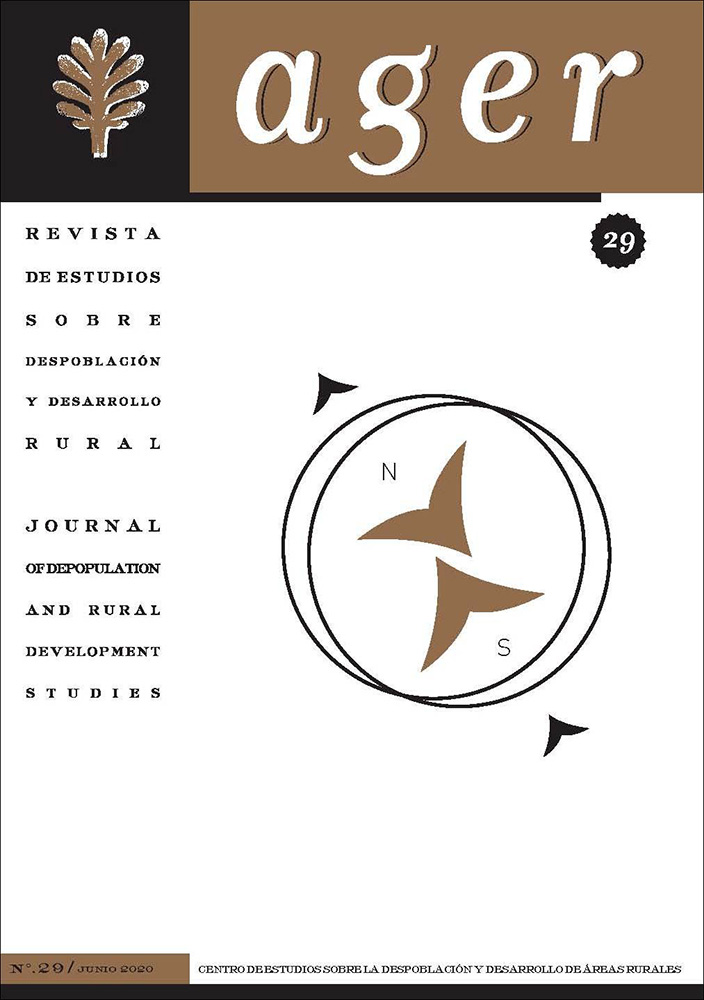Perception of beneficiaries for efficacy of MGNREGA: a micro level analysis from Kalahandi district of Odisha, India
Abstract
The present study tries to examine the impact of MGNREGA (Mahatma Gandhi National Rural Employment Guarantee Act) on socio-economic status of MGNREGA beneficiaries in Kalahandi district of Odisha, India by using both primary and secondary data.Secondary data are collected from official website of MGNREGA during the period from 2012-2013 to 2018-2019. Primary data collected through semistructured questionnaire from two blocks of the district, namely Golamunda and Narla with the total simple size of 300 households. In selecting the sample households, a proportionate sampling along with simple random sampling technique has been used. For analysis of the study, a five-point Likert scale has been used to measure the perception of sample respondents on the improvement of socio-economic conditions after implementation of MGNREGA. Besides, composite index has been used to capture the combined perceptions of all the sample respondents. The study found that less than 10 % of the target household got employment of 100 days during the study period. Besides, the result of composite index (0,16) regarding the perception of MGNREGA beneficiaries on different socio-economic parameters gives an impressive that MGNREGA is less effective in the improvement of socio-economic status of the beneficiaries. Thus, it can be concluded that the MGNREGA has not been effective in improving the socio-economic status of MGNREGA beneficiaries in Kalahandi district of Odisha.Downloads
Published
How to Cite
Issue
Section
License
Copyright (c) 2020 Dharmabrata Mohapatra, Seshadev Suna, Dukhabandhu Sahoo

This work is licensed under a Creative Commons Attribution-NonCommercial-NoDerivatives 4.0 International License.
Authors who publish in this journal agree to the following terms:
a. Authors retain their copyright and grant the journal the right of first publication of their work, which will be simultaneously subject to the Creative Commons Attribution Licence, which allows third parties to share the work provided that the author and the journal's first publication are acknowledged.
b. Authors may enter into other non-exclusive licensing agreements for the distribution of the published version of the work (e.g., depositing it in an institutional repository or publishing it in a monographic volume) provided that the initial publication in this journal is acknowledged.
c. Authors are permitted and encouraged to disseminate their work via the Internet (e.g. in institutional digital archives or on their website), which may lead to interesting exchanges and increase citations of the published work. (See The effect of open access).

